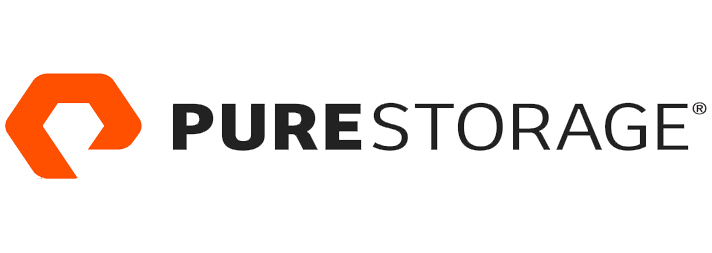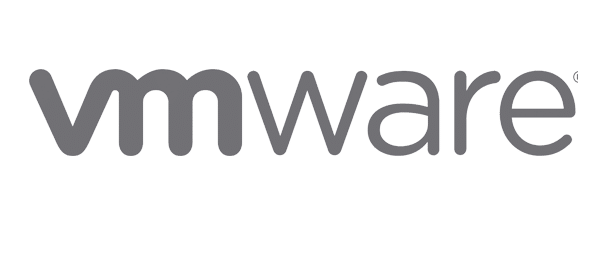5 Advantages of Epic as a Service for Cloud-Based EHR
Comport, in partnership with Hewlett Packard Enterprise’s (HPE) GreenLake IT consumption program, provides a scalable, pay-per-use managed Epic service that meets clinical and patient electronic health record (EHR) needs while significantly reducing the heavy IT resource and cost commitments associated with cloud-based EHRs.
Many organizations are looking for innovative ways to augment their own IT staff and significantly reduce their cost structures with security, reliability, and compliance. HPE’s Epic as a Service simplifies operations and delivers projects faster, thus reducing the total cost of ownership (TCO). As a long-standing Epic Partner for validated infrastructure, HPE knows Epic very well. This managed service for Epic is a game-changer for many healthcare organizations.

5 Ways Epic + GreenLake Enable Cloud-Based EHR
1. Leverage Your IT Investment
This comprehensive Epic-as-a-Service offering includes the hardware, software and Epic-certified technical expertise needed to run Epic at scale. This capability allows healthcare institutions to leverage their technology investments, improving performance and agility. It also reduces the cost of IT, since you only pay for the resources you consume.
2. Protect Your Data and Pay-As-You-Go
Features of HPE’s Epic as a Service include on-premises control, which provides security across all your data centers, colocations, edges and cloud partners. It also provides cloud-like pay-per-use economics with a flexible, consumption-based model with monthly billing. In addition, Comport’s expertise in healthcare environments simplifies IT administration. Finally, our preconfigured Epic as a Service solutions have a scalable capacity that accelerates time to value (TTV).
3. Trust Your IT Infrastructure
A 2019 study by HPE shows that 65% of Epic customers use HPE as their vendor for Epic-validated infrastructure including storage, servers, software and networking solutions. The architecture of HPE infrastructure complies with Epic Target Platform and Honor Roll. This qualification supports compliance requirements for a range of HIPAA administrative and technical safeguards.
Epic as a Service gives healthcare institutions the agility, simplicity and pay-per-use economics of a cloud experience from their own data center or colocation facility. HPE also meets the accreditation requirements at the community and enterprise levels, allowing clients to provide EHR services for their partner health systems. Finally, Comport will work with you on licensing options and to reduce TCO for Epic.
4. Saving with Epic as a Service
Research by Forrester Research published in June 2020 shows that HPE GreenLake increases its clients’ time to market by 75%. It also reduces capital expenditures (CAPEX) by 30-40% and IT costs by 40%.
Another study that HPE commissioned in October 2019 shows that HPE managed services reduces unplanned downtime by 85%. HPE and Epic’s 25-year partnership paired with Comport’s 30+ years of healthcare IT experience is why you can’t afford to miss this new Epic as a Service offering.
5. Choose A Healthcare IT Expert
Comport helps transform your healthcare business by analyzing and implementing a strategy for your data, wherever it lives. Healthcare institutions are facing a growing list of challenges, from an aging population to the COVID-19 pandemic. These trends have created a critical need for combining innovation with increased efficiency to improve patient experiences and outcomes. Comport provides healthcare solutions that power this transformation by removing financial barriers to technological advancement.
Comport offers INFRAM Assessments to help analyze your IT compared to peers with a roadmap for future investments with the highest ROI. If you’re interested in an assessment or would like to discuss HPE’s Epic as a Service—contact Comport today!

Author: Bill Flatley, Field CTO for Healthcare
Bill is responsible for technical strategies and recommendations for Comport’s Healthcare clients. His extensive experience includes four healthcare systems in leadership roles supporting Clinical Applications, Digital Health, and Office of the CIO as the primary liaison between IT and the business.




























